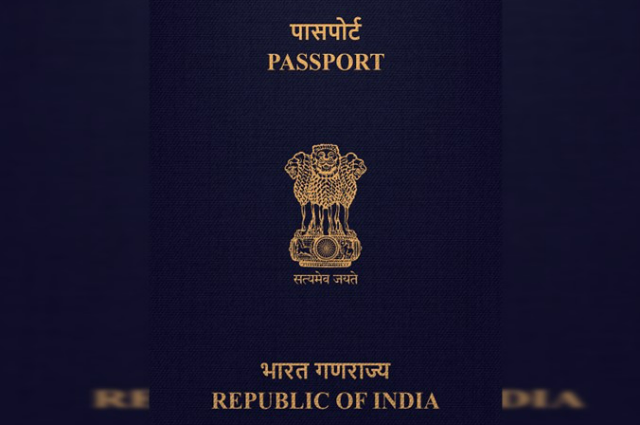
Image by Bikashjit Kotwar from Pixabay
Introduction
Immigration law governs the entry, stay, and exit of foreign nationals in India. The law is regulated by the Ministry of Home Affairs, and various rules and regulations have been framed under the Foreigners Act, 1946, the Registration of Foreigners Act, 1939, and the Citizenship Act, 1955. This legal writing aims to provide an overview of immigration law in India, including the visa application process, green cards, and citizenship.
Visa Application Process
A visa is a legal document that allows foreign nationals to enter India for a specific purpose and duration. The visa application process in India is regulated by the Ministry of Home Affairs, and there are various categories of visas available depending on the purpose of visit. The most common types of visas are:
- Tourist visa: Issued for the purpose of tourism, visiting friends and relatives, and other non-business purposes. A tourist visa is generally valid for six months and cannot be extended beyond that.
- Business visa: Issued for the purpose of business meetings, conferences, and other business-related activities. A business visa is generally valid for up to six months and can be extended up to two years.
- Employment visa: Issued for the purpose of employment or for taking up a job in India. An employment visa is valid for one year and can be extended up to five years.
- Student visa: Issued for the purpose of studying at a recognized educational institution in India. A student visa is valid for the duration of the course and can be extended as per the duration of the course.
The visa application process involves the following steps:
- Fill out an online application form.
- Pay the visa fee.
- Submit the required documents.
- Attend an interview at the Indian embassy or consulate in a foreign country.
The required documents include:
- Valid passport.
- Photographs.
- Proof of financial support.
- Other supporting documents depending on the type of visa. applied for.
Green Cards
In India, there is no concept of green cards. However, foreign nationals can apply for long-term stay visas, which allow them to stay and work in India for a period of five years. To apply for a long-term stay visa, a foreign national must have lived in India for at least two years on a valid visa. The application process involves filling out an application form, paying the visa fee, and submitting the required documents, including proof of residence and employment.
Citizenship
Citizenship in India is governed by the Citizenship Act, of 1955. A person can acquire citizenship in India through birth, descent, registration, or naturalization. The Citizenship Act recognizes the following categories of citizens:
- Citizens by birth: Persons born in India on or after January 26, 1950, are Indian citizens by birth, irrespective of the nationality of their parents.
- Citizens by descent: Persons born outside India on or after January 26, 1950, but whose parents are Indian citizens, are Indian citizens by descent.
- Citizens by registration: Persons who have resided in India for at least 12 years and meet certain other criteria can apply for citizenship by registration.
- Citizens by naturalization: Persons who have lived in India for at least 15 years and meet certain other criteria can apply for citizenship by naturalization.
The process for acquiring citizenship in India involves filling out an application form, paying the fee, and submitting the required documents, including proof of identity, residence, and other criteria depending on the category of citizenship applied for.
Conclusion
In conclusion, understanding immigration law in India is crucial for foreign nationals who wish to enter, stay, or exit the country. The visa application process, long-term stay visas, and citizenship are some of the key aspects of immigration law that foreign nationals need to be aware of. It is important to carefully consider the purpose and duration of the visit and apply for the appropriate type of visa. Long-term stay visas are available for those who meet the eligibility criteria, and citizenship can be acquired after meeting certain residency and other requirements. As immigration laws and regulations are subject to change, it is advisable to consult with a qualified immigration lawyer or seek guidance from the relevant authorities before applying for a visa or citizenship in India.
